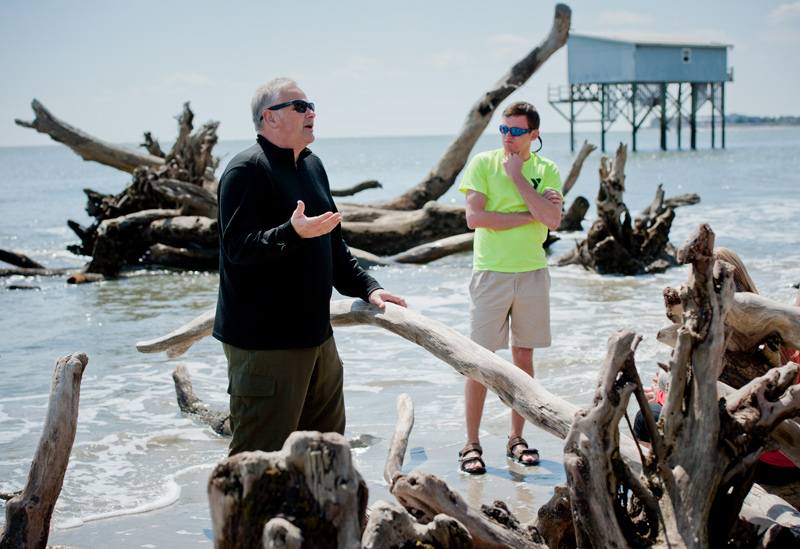Export Control

The term "export controls" refers to a set of federal laws and regulations. These laws and regulations are used to restrict both physical and nonphysical exports of items that could contribute to the military potential of international adversaries, to advance U.S. foreign policy goals and to protect the U.S. economy and promote trade goals. The regulations are both lengthy and complex. You are encouraged to contact the Office of Research Administration with any questions.
When traveling internationally for WCU business (e.g., presenting at a conference) you may be eligible for a temporary license exemption.
Most WCU personnel only encounter export control when traveling internationally. If you are planning to travel internationally, please review University Policy 100, complete the Policy 100 form with approval from your Department, and include your detailed itinerary.
Faculty and staff who plan to invite international visitors/scholars to visit our campus must obtain the Provost’s approval prior to the visit using the International Visitor Approval Form, which asks for a copy of the visitor’s itinerary and any technical data or university-owned equipment being shared with the visitor.
However, other activities must be evaluated for export control purposes. These activities include:
- Outbound shipments to foreign destinations
- Laboratory access to controlled equipment and technical data that does not fall under the FRE (explained below) · International collaborations
- Teaching/lecturing abroad
- Publication restrictions
- Restricting the participation of foreign nationals
- Restricted or export-controlled information.
For WCU personnel involved in research or externally sponsored projects, use the Export Control Infographic to help determine if your activity falls under export control regulations. There are three exclusions as follows.
1. Fundamental research exclusion (FRE)
You stay outside the regulations when conducting research that is considered "fundamental" or non-restricted. You must have the intention of publishing or otherwise broadly disseminating the research to maintain this exclusion. The FRE allows foreign national researchers at the University to access EAR-controlled items and data for purposes of basic and applied research. However, some fundamental research is informed by background information that is export controlled and must be protected. Non-research activities as well as restricted research are not protected by the FRE.
2. Public domain exclusion
You stay outside the regulations when you share technical data or information with foreign person inside or outside of the U.S. if that data or information:
- has already been published
- is available in libraries or through newsstands, bookstores, subscriptions, or free web sites
- has been disclosed in published patent applications.
3. Educational exclusion
You stay outside the regulations when teaching:
- general science, math, and engineering commonly taught at schools and universities
- information conveyed in courses listed in course catalogues.
Export control regulations are complex and implemented by three federal agencies. For more in depth information regarding export controls, you can visit the agencies' websites,
- U.S. Commerce Department, Export Administration Regulations (EAR) - Governs commodities, software and technology (or information) (primarily civilian); also includes some sanctions, embargoes and restrictions on transfers to certain end-uses and persons, including terrorists.
- U.S. State Department, International Traffic in Arms Regulation (ITAR) - Governs defense articles (including technical data) and defense services (predominantly military items and information, including satellites and spacecraft).
- U.S. Treasury Department, Office of Foreign Assets Control (OFAC) - Maintains trade sanctions, embargoes and restrictions on transfers to certain persons, such as terrorists and narcotics traffickers.

